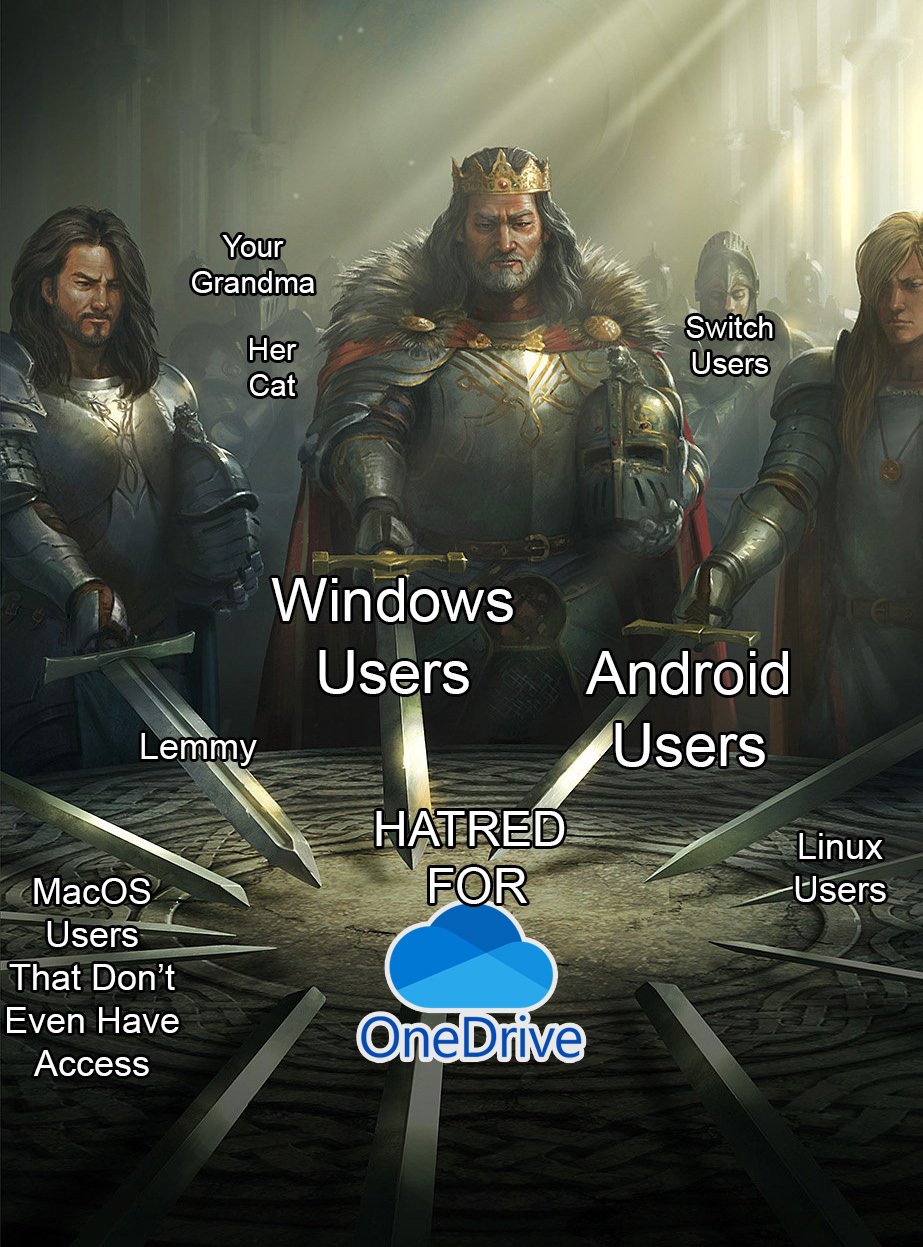this post was submitted on 24 Nov 2024
594 points (95.8% liked)
PC Master Race
15061 readers
27 users here now
A community for PC Master Race.
Rules:
- No bigotry: Including racism, sexism, homophobia, transphobia, or xenophobia. Code of Conduct.
- Be respectful. Everyone should feel welcome here.
- No NSFW content.
- No Ads / Spamming.
- Be thoughtful and helpful: even with ‘stupid’ questions. The world won’t be made better or worse by snarky comments schooling naive newcomers on Lemmy.
Notes:
- PCMR Community Name - Our Response and the Survey
founded 2 years ago
MODERATORS
you are viewing a single comment's thread
view the rest of the comments
view the rest of the comments

For one thing, just like Google Drive, MS scans everything and won't let you store stuff they disagree with.
Example: batch files that modify things like KMS settings. These have a legitimate use in business environments, but MS sees them as hacking their stuff.
They don't warn you either, the sync jobs just fail. Like a OneNote notebook will just fail to sync, with no reason why.
I think that has to do with the security they set up to try to ensure malware/viruses don't go upstream. If you are going to share permissions across users, across computers, and across multiple networks, you can't have Fred downloading an email to his documents which is automatically backing up to his onedrive which he shared with a sharepoint drive for everyone else to access and now it has permissions to come back down to their devices as well. I would say that's ignoring teams, but like it was pointed out elsewhere, SharePoint / OneDrive / Teams storage is essentially all the same.